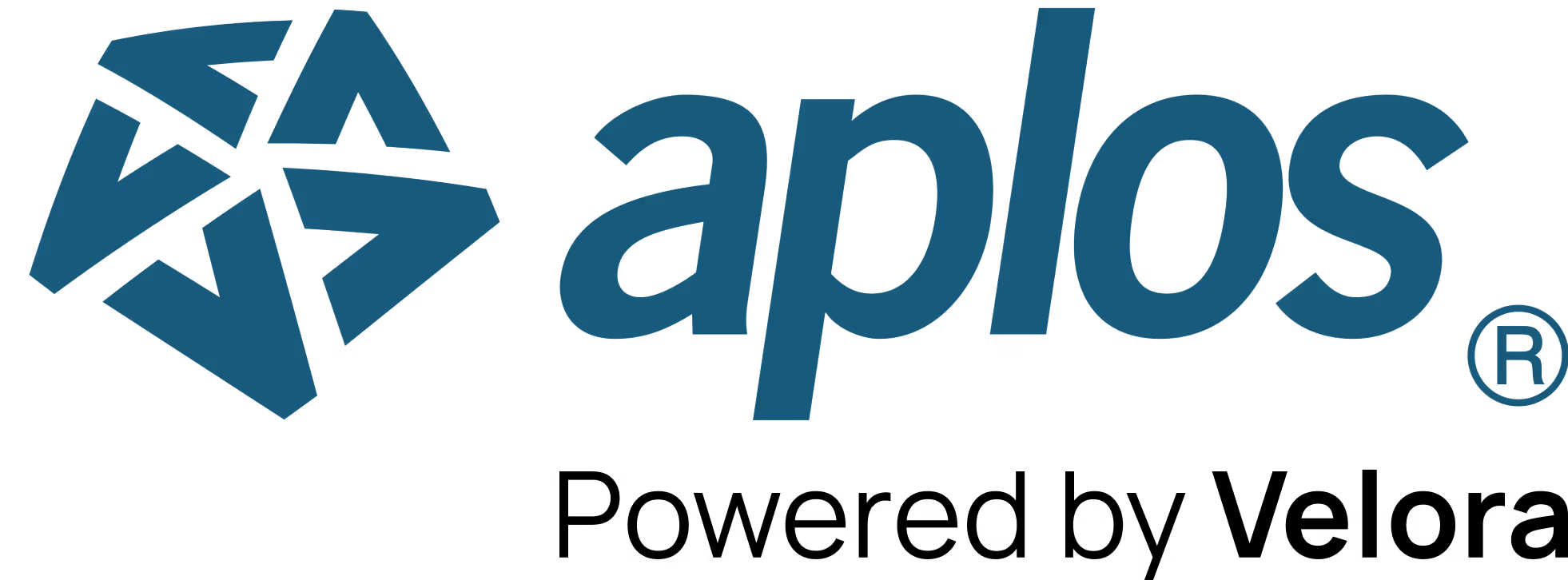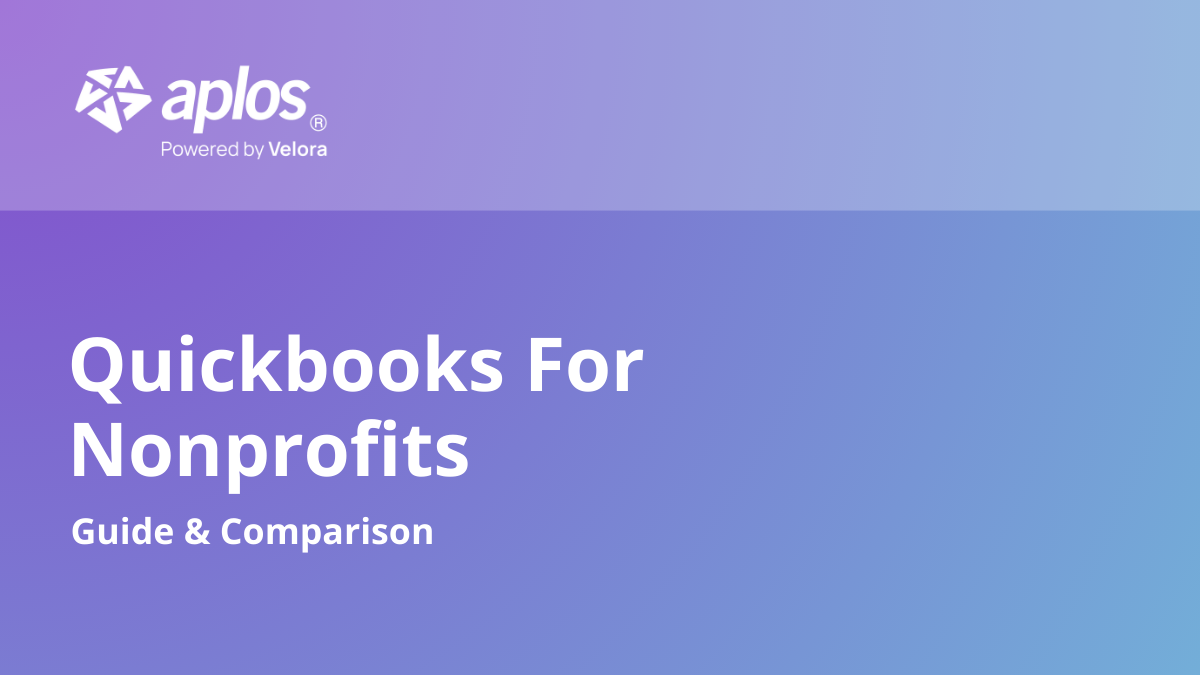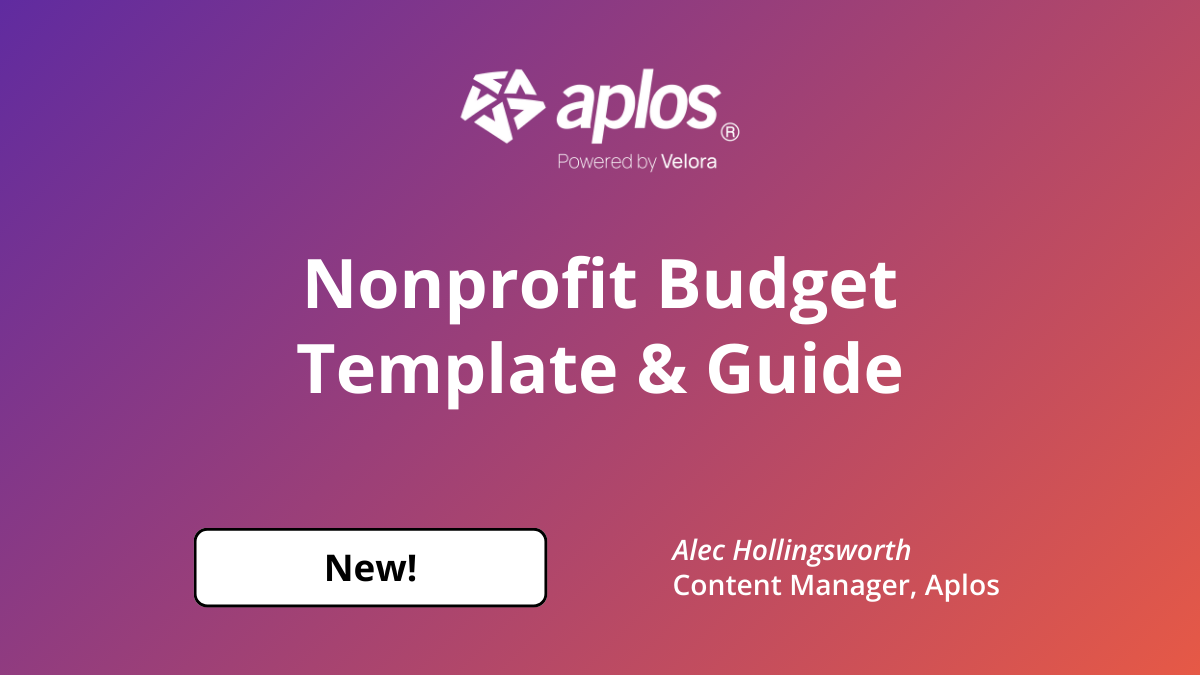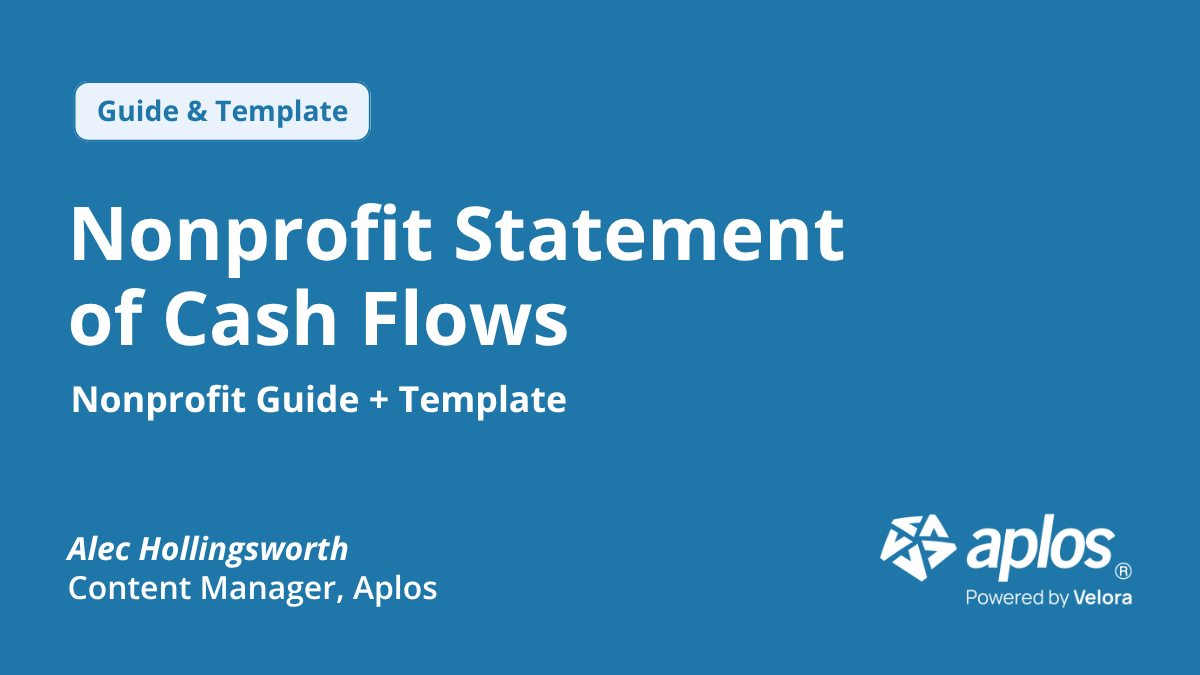
Imagine this: you donate to a cause, and the nonprofit organization spends all of its time asking for more money from you and thousands of donors like you. Don’t they have enough? Don’t they see that we’ve given them so much already?
You might be thinking these thoughts or feeling something similar when you read this. However, donor-centered fundraising is not about constantly begging for philanthropy; it’s about recognizing what donors expect from the relationship with your nonprofit organization and understanding their needs too!
Learn why thousands of nonprofits use Aplos to save time and increase giving. Try it free for 15 days.
What Is Donor-Centered Fundraising?
Donor-centered fundraising means recognizing what donors expect from a relationship with a nonprofit. This includes listening to individual donors to get their feedback and making sure that your communications are tailored in such a way as to provide maximum value to the donor. The focus is on the future, not just past donations, and you want to inspire them with what your organization does and why it is important for society as a whole.
The recipient’s experience should be put at the heart of all communications with donors. Engagement in donor-centered fundraising means understanding that they are going through an emotional process when deciding whether or not to make a donation, so it needs to feel authentic from beginning to end.
Donors have different motivations; some care about awareness while others are interested in results because they may know somebody who has been directly affected by your cause themselves. Experiencing their lives being touched because of someone else’s generous gift would motivate them more than simply reading new research.
Where Does Donor-Centric Fundraising Come From?
Penelope Burk, a donor-centered fundraising pioneer, defined Donor-Centered Fundraising (DCF) as “a system of soliciting and stewardship that focuses on donors to achieve the mission by providing an experience that is consistently satisfying for them.”
Ms. Burk quite literally wrote the book on donor-centered fundraising, titled Donor Centered Funding: How to hold on to your donors and raise much more money (Second Edition).
Donor-centered fundraising deals with donors and their needs rather than focusing entirely on the needs of the nonprofit. It recognizes what donors expect from a relationship with the organization by recognizing three key principles: Stewardship, Meaningful Communication, and Expectations Management.
Stewardship
In donor-centered fundraising, stewardship refers to upholding donor trust in an organization with practices such as handling donations responsibly and operating transparently so donors know where their money goes. With donor-centered fundraising at its core, organizations can maximize giving while maintaining trust, loyalty, and satisfied supporters.
Meaningful Communication
The way you handle your communications also reveals how your organization operates and why it does what it does. Meaningful communication is essential when practicing donor-centered fundraising strategies, as well as cultivating relationships and providing value through communications that are open about the organization’s work. This means recognizing what donors expect from a relationship with a nonprofit, understanding their motivations, taking time to cultivate relationships, and providing value in exchange for support. It takes time to develop these skills, but they’re worth investing in because of the impact on donations you will eventually collect through longer-lasting donor relationships.
Expectations Management
A key component of DCF is managing the expectations people have about what they can and cannot receive in exchange for their donations. Managing these expectations not only helps to maintain and manage donor relationships, but also helps prevent public backlash.

Why Is Donor-Centered Fundraising So Important?
Donors today are restricting the number of organizations they are supporting. Many have four or five that they consider to be their favorites. In recent years, donors have become more demanding and want to know how their money is being spent before giving anything. This has made donor-centered fundraising easier because organizations that are transparent have an increased chance of securing larger donations.
What Is Involved in Practicing Donor-Centered Fundraising?
By learning more about donors and their interests, organizations are better able to understand what motivates them. Research has shown that people like to get something back in addition to a tax receipt for giving money, which means organizations need to demonstrate the worthiness of the donation by showing they have human needs too.
Saying Thank You
Donors typically have three expectations from the organizations they support:
- Respecting their gift
- Aligning donations with a project or program that has shown success in attaining desired outcomes
- Thanking them when their donation has been made
Penelope tells us that the thank you letter is the most critical component of the donor-centered fundraising model. Powerful thank you letters make donors feel remembered while re-establishing contact with thousands of donors who you already know are sympathetic to your cause.
Mindful Donor Contact
Many successful fundraising campaigns make it easy for donors by offering convenient ways to donate or participate in a survey online (or by phone) so as not to take up valuable time during work hours. This also saves cash versus more intensive types of fundraising campaigns, such as mailings and personal visits, while also saving time on follow-up communications with no response from donor prospects.
Donors Want Transparency When Making Donations
Transparency doesn’t necessarily mean someone wants a detailed account of how the money is spent; rather, people want an organization to be forthcoming with what has been accomplished through their gift. Donors appreciate knowing that their donation helped fund something and are likely to give again when it’s needed in future periods.
Respecting Anonymity
Donor-centered fundraising also means recognizing donor preferences. Some may wish to donate anonymously or privately while others prefer being recognized publicly as someone who makes it possible for the nonprofit to accomplish its mission by donating generously.
Solutions for Fundraising and Donor Management
For your nonprofit to thrive and achieve all of the goals related to your mission, it is vital to be able to raise money for your cause through fundraising efforts. A key component of successful nonprofit organizations is the creation and implementation of a fundraising strategy that not only generates donations but also inspires donors to keep giving over the long haul.
Aplos has developed a fundraising and donor management solution that was created to satisfy the unique day-to-day needs of nonprofit organizations. This intuitive software allows you to organize fundraisers, improve donor relations through engagement tools, accept and track contributions, and even solve your bookkeeping needs. See how thousands of nonprofits are saving time and money on fundraising with Aplos.
Free Recorded Webinar: How to Attract Monthly Donors
Building and maintaining a monthly donor program takes planning, time, and effort. During this webinar, we will explore how to attract donors for your nonprofit by creating and building a strong monthly donor campaign. We also:
- Look at starting and building a monthly donation program
- Share monthly donation campaign ideas
- Explore some best practices from organizations that have grown their monthly donation programs
- Share tips for how to attract and sustain your monthly donors

Our comprehensive closeout services start at $399 per month that needs to be reconciled. Sign up before Jan 1st and pay just $199.50 per month!
Copyright © 2025 Aplos Software, LLC. All rights reserved.
Aplos partners with Stripe Payments Company for money transmission services and account services with funds held at Fifth Third Bank N.A., Member FDIC.
Copyright © 2024 Aplos Software, LLC. All rights reserved.
Aplos partners with Stripe Payments Company for money transmission services and account services with funds held at Fifth Third Bank N.A., Member FDIC.



.png)



